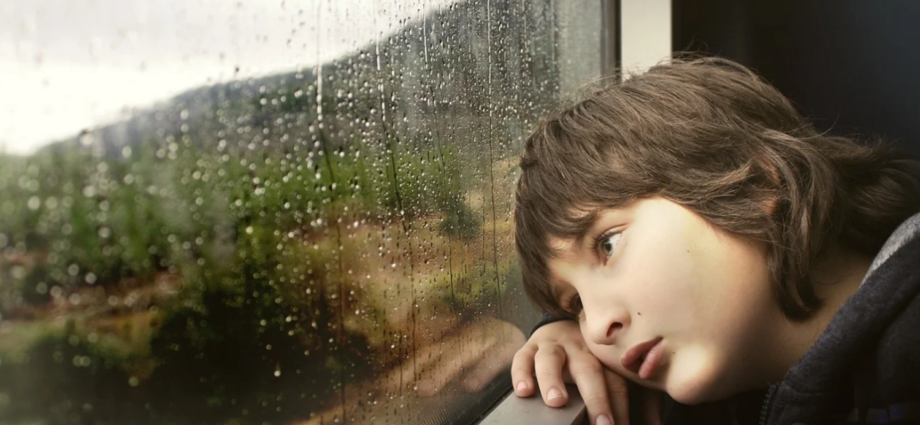|
|
Depression can be found in every age group, from small children to senior citizens. Depression in children can be difficult to detect because their moods can change throughout the course of the day. Children in school are especially moody and irritable, mainly due to the physical and emotional changes they are going through.
Causes
Although difficult to recognize, the causes of depression in children are virtually identical those of adults. They include genetics, stress, low self-esteem due to a variety of factors, loss of a family member or close friend, relocation, verbal or physical abuse within the family, bullying at school, impoverished or dangerous environments, extreme negativity, serious illness, and premenstrual mood changes… to name a few.
Watching for Signs
Children go through a multitude of changes depending on the activity they are engaged in, but they experience symptoms that are similar with adult depression. Therefore, it is important to pay close attention to unusual mood swings ranging form very happy and engaging, to being down and very quiet, exhibiting a lack of concentration with activities and friends they would ordinarily enjoy.
Children generally are not aware they are experiencing depression, causing any symptoms to be over-looked. Obvious changes in sleep patterns, appetite and behavior could be troubling indicators of a serious problem.
See-Saw of Obesity
Teenagers and children go through varying stages of self-esteem issues involving their popularity, dating and of course their appearance. Eating disorders and obesity go hand in hand with childhood depression. Obesity causes depression and likewise, depression often causes obesity. The reason for the connection remains unclear but certainly there are some underlying issues that need to be explored.
Bipolar Disorder
Another reason childhood depression goes undetected is due to over-lapping of similar but different disorders such as bipolar disorder. This is a different and separate form of depression that causes wide fluctuations between highs called mania and deep depression. Children going through episodes of mania seem very happy, engaging, energetic and creative, causing symptoms of depression to be ignored, only to be dragged into a cycle of deep hopelessness.
Conduct Disorder & ADHD
Conduct Disorder involves problems of delinquency, defiance, laziness and lying. Attention Deficit Hyperactivity Disorder (ADHD), occurring even more frequently, often masks under-lying depression.
It is common for this complex combination of disorders to be mis-diagnosed by pediatricians. Stimulants are prescribed based upon only depression symptoms triggering extreme manic episodes.
One Size Fits All?
Depression is not a “one-size-fits-all” illness. It comes in a variety of forms that affect everyone a little differently. The under-lying causes span a wide spectrum of imbalances, from physical and genetic, to learning disabilities, to abuse and social pressures. Therefore it is important to explore all possible contributing factors. The earlier the better. No one can know your child better than the parents.
Early Treatment
Nowadays, children act up and stretch the limits just as we did. And yes it may be difficult to put up with their antics, but you should make every effort to see the distinction between normal acting out behavior and something that is quite abnormal. Getting early treatment for your child may prevent them from experiencing deeply debilitating sadness or worse later in their life.
This report is not a diagnosis. We hope this information can guide you toward improving your life.
Review our Knowledge Base or the links displayed on this page for similar and related topics.

